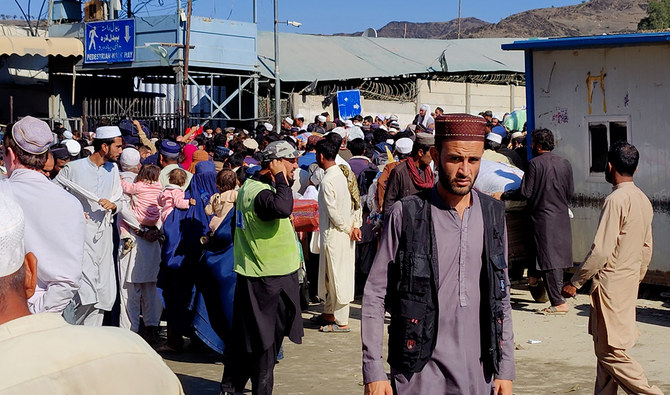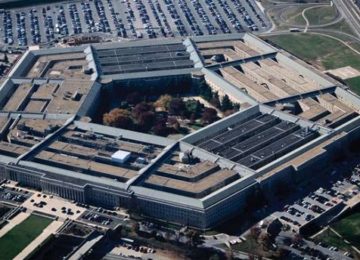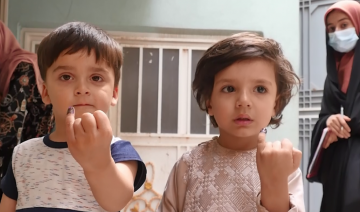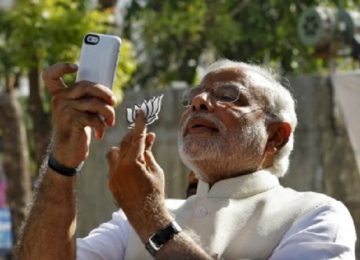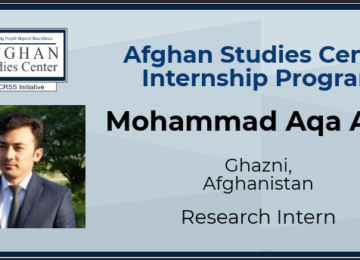By Elsa Imdad
Haunted by a legacy of mistrust, Afghans see hostility where there was once refuge. Can Pakistan confront its policies and prioritize dignity and fairness to rebuild fractured ties?
The relationship between Afghanistan and Pakistan is one of deep historical entanglement yet persistent mistrust. Despite Pakistan’s crucial role in hosting Afghan refugees and facilitating peace talks, many Afghans remain skeptical of its intentions. Their grievances stem from policies they perceive as harsh, inconsistent, and at times exploitative—shaped by both history and current realities.
Pakistan has hosted millions of Afghan refugees for decades, offering vital shelter in times of conflict. Yet, this generosity is often overshadowed by incidents of mistreatment and rigid policies. Refugees and Afghan residents alike report facing harassment, arbitrary deportations, and an increasingly restrictive visa regime. The humiliation of being treated as unwelcome outsiders lingers long after the acts of hospitality are forgotten.
As Dr. Omar Zakhilwal, Afghanistan’s former ambassador to Pakistan, remarked at a recent seminar held at the National Defense University, Islamabad, “Even if you provided food and helped them beat the Russians, Afghans will remember the kick more than the kindness.” For many Afghans, these perceived acts of hostility define their relationship with Pakistan far more than its moments of goodwill.
Another enduring source of mistrust lies in Pakistan’s perceived inconsistency toward Afghanistan. While Islamabad has facilitated peace processes and extended humanitarian aid, its alleged support for certain factions, including elements of the Taliban in earlier years, has raised concerns about its true intentions. Afghans often question whether Pakistan’s policies prioritize stability or strategic interests.
This inconsistency extends to counterterrorism efforts and the treatment of refugees. Policies that conflate ordinary Afghans with extremist threats create unnecessary barriers for those seeking education, employment, or safety. Dr. Zakhilwal raised a critical question: “Is Pakistan’s visa regime doing more harm to the terrorists or to itself?”, conveying the frustration of many Afghans who feel unfairly targeted by policies meant to address security concerns.
Economic cooperation, which could serve as a stabilizing factor in the relationship, remains largely neglected. Afghan farmers frequently find themselves unable to export their produce to Pakistan, often forced to let it rot due to restrictive trade policies. This not only harms Afghan livelihoods but also deepens resentment.
Trade restrictions symbolize a larger issue: the lack of prioritization of regional economics. Building trust through mutually beneficial trade could strengthen ties, but the opportunity has been consistently sidelined in favour of short-term security policies.
While mistrust runs deep, it is not irreparable. Pakistan has the chance to rebuild its relationship with Afghanistan by focusing on long-term, rules-based policies rooted in fairness and respect. Treating Afghans with dignity, revisiting its visa regime, and fostering regional economic collaboration could serve as stepping stones to restoring trust.
As Dr. Zakhilwal noted, “Don’t victimize people if you don’t like the ones ruling them.” For Pakistan, earning Afghan trust will require introspection and consistent actions that prioritize shared humanity over strategic maneuvering. It will take courage and a humanitarian approach to mend what’s been damaged.
AUTHOR

Elsa Imdad is a USG Alumna. She holds a bachelors in modern languages with an English major and Spanish minor. She has previously been part of American Spaces in Pakistan and now works as a Project Coordinator at the Center for Research and Security Studies. She is also a weekly contributor for Matrix. Her interests include public diplomacy, language teaching, peace and conflict resolution, capacity building for marginalized groups, etc.



